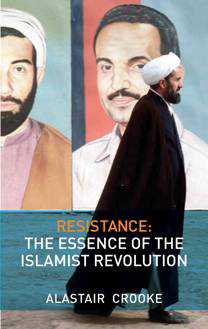Doctors have completed an autopsy on the body of Michael Jackson but say they cannot immediately determine what killed the singer.
 Speculation is now focusing on the 50-year-old’s use of prescription drugs, amid reports he was injected with a narcotic painkiller shortly before collapsing.
Speculation is now focusing on the 50-year-old’s use of prescription drugs, amid reports he was injected with a narcotic painkiller shortly before collapsing.
Officials have confirmed the post mortem revealed no obvious signs of foul play but say further tests will be required, which could take several weeks.
“The cause of death has been deferred, which means that the medical examiner has ordered additional testing such as toxicology and other studies,” said Los Angeles County Coroner’s spokesman Craig Harvey.
“Those tests we anticipate will take an additional four to six weeks. There was no indication of any external trauma or indication of foul play to the body of Mr Jackson.”
The superstar’s body has now been released to his family and was taken to an undisclosed location in a single, unescorted vehicle.
Jackson was in full cardiac arrest when paramedics arrived at his rented $100,000-a-month mansion in Los Angeles on Thursday, with his personal physician trying desperately to revive him.
The pop superstar was rushed to the nearby UCLA Medical Center, where he was pronounced dead without regaining consciousness.
Police say they want to question Jackson’s personal physician, identified in local media reports as Houston-based cardiologist Dr Conrad Murray.
Jackson’s body will be released to family members after they choose a mortuary for funeral arrangements, Harvey said. There was no immediate word on when he would be laid to rest.
Celebrity website TMZ.com, which broke the news of the singer’s death, has cited an interview with an unidentified “close member” of the Jackson family, reporting the entertainer was injected with Demerol about half an hour before he went into cardiac arrest.
The website said the family believed Jackson’s death was caused by an overdose of the drug, a narcotic painkiller.
Detectives have searched Jackson’s home and impounded Murray’s Mercedes from the driveway, believing it may contain evidence.
Meanwhile, authorities have released a recording of a 911 call to emergency services from the mansion at 12.21pm local time on Thursday, saying Jackson was unconscious and not breathing.
The unidentified caller said the physician was the only other person present and was frantically performing cardiopulmonary resuscitation on the unconscious Jackson – without results.
“He’s pumping, he’s pumping his chest but he’s not responding to anything, sir, please,” the man said.
ITN





 The civilisation state
The civilisation state